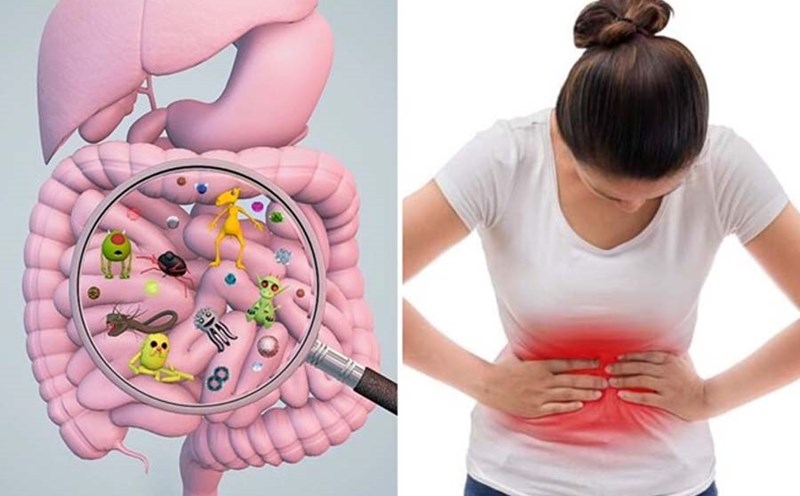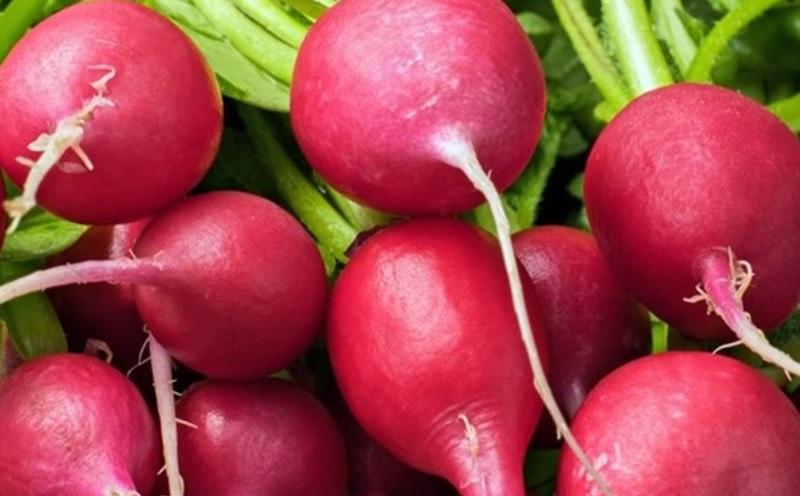Helps lower blood pressure
Beetroot contains natural nitrates, which are converted into nitric oxide by the body, which dilates blood vessels and thereby reduces blood pressure. High blood pressure is a leading cause of heart disease. Eating beetroot can help control this condition, according to Dr. Michael Greger, a nutritionist at Nutrition Facts (USA).
Reduces inflammation
Inflammation is a natural reaction of the body but if it persists, it will be harmful. Beetroot contains a compound called betalain, a pigment that has the ability to strongly reduce inflammation. One study showed that drinking 250ml of beetroot juice per day for 2 weeks significantly reduces signs of inflammation in the body.
Good for the digestive system
Beetroot contains a lot of fiber, an important nutrient that helps the digestive system stay healthy, avoid constipation and nourish beneficial bacteria in the intestines. Half a cup of boiled beetroot contains nearly 2g of fiber, while most adults do not eat the recommended amount per day (about 30g).
Support brain health
Not only does nitrate help the heart, the nitrate in beetroot also increases blood flow to the brain, especially the frontal lobes, where memory control and decision-making are controlled. This is why beetroot is being studied as a food to support memory loss in old age, according to Dr. Jonathan Burdette, a neurologist at Wake Forest University, USA.
Strengthen the immune system
Beetroot contains many antioxidants and vitamins such as vitamin C, which help increase resistance and protect cells from damage. Some studies have also shown that compounds in beetroot may have anti-cancer properties.
Good for athletes and sports people
With the ability to increase blood flow and support cells to create energy, beetroot is used by many athletes before competition to increase endurance. The best time to eat is about 12 hours before exercise, says Dr Andy Jones, a sports physiologist at the University of Exeter, UK.
Rich in nutrients but low in calories
Half a cup of boiled beetroot contains only 37 calories, but provides many nutrients such as folate, potassium, manganese, iron and antioxidants - all of which contribute to comprehensive health protection.
Some small notes:
Eating beetroot can cause urine to turn pink or red, which is completely harmless and will disappear after 1-2 days.
People at risk of kidney stones should eat it in moderation, because beetroot contains oxalate, a substance that can contribute to the formation of stones.
Tips for preparing delicious, easy-to-eat beetroot:
Boil, steam, grill or blend smoothies.
Add to salads, banh mi, cakes, soups or cereals.
Beetroot leaves are also very nutritious, and can be stir-fried or boiled like mustard greens.











